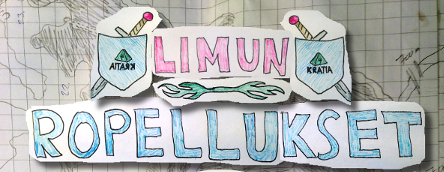“It is one of the strengths of D&D that it possesses a marked routine. In most games one can discern routine as well as active enterprise; the proportions vary from game to game. In chess, when one cannot think of any special plan there is a routine to fall back on of making general-purpose developing moves. In something like Monopoly, most play is routine: throw the dice, move the right number of spaces and so on; one’s course of action is prescribed by the game system. The greater the element of routing, the easier the game is to play.
“With role-playing games, the position is different. The rules explain how to generate characters, how to resolve combat, and so on, but not how to play the game. That onus is thrown squarely on the game master’s shoulders, and it is he who is responsible for thinking up sufficient interesting happenings to keep the game going. So with, say, Traveller; for any gaming session a particular adventure must be devised in advance, and over a long period this is a considerable strain on the game master’s ingenuity. If his imagination takes a holiday one week, so does the game.
“D&D is different. Though the success of any campaign will depend on the special missions and adventures, there is a routine to fall back on; to wit, dungeon bashing. Given that you have a large dungeon set in a wilderness with further potential for escapades, you have large sections of dungeon levels containing a motley assortment of treasures and monsters to which the players can resort at any time when no special adventure presents itself. This has several advantages. Firstly, it’s easy. There is never the question ‘what do we do now?’, since there is a simple routine to follow of reconnaissance, mapping, target identification and looting. Secondly, it’s productive. Characters gain experience, go up levels, gain magic items, and become better prepared for the special adventures when they do occur. Thirdly, in the course of such routine exploration characters may find leads to prepared adventures, and may therefore choose themselves which quest they will pursue rather than be told by the games master ‘this is the set-up for today, folks’. Fourthly, it can be enjoyable in its own right. The one negative point is that such activity is also absurd. However, it makes the game work, and this is sufficient justification.”
Roger Musson (1983): The Dungeon Architect, part 3. The Best of White Dwarf, p. 36.
